Biography
Professor Andrea Sottoriva obtained his BSc in computer science from the University of Bologna in 2006 and his MSc in computational modelling from the University of Amsterdam in 2008.
While attending his BSc and master's he worked in neutrino physics at the Department of Physics of the University of Bologna and at the Institute for Nuclear and High Energy Physics (NIKHEF) in the Netherlands as a research assistant.
During his master's he specialised in computational biology and bioinformatics and became interested in mathematical modelling of cancer. This emerging field employs rigorous mechanistic modelling and simulations to understand complex biological systems such as cancer.
In 2012 he completed his PhD in cancer genomics and modelling at the University of Cambridge within the CRUK Cambridge Research Institute, focusing on the integration of computational models with cancer genomic data. After his PhD he conducted postdoctoral research at the University of Southern California within the Norris Comprehensive Cancer Centre, investigating the use of multiple sampling genomic data from human malignancies to understand tumour evolution.
Professor Sottoriva joined the Centre for Evolution and Cancer at The Institute of Cancer Research, London, in 2013, where his research focuses on using multi-disciplinary approaches based on high-throughput genomics and mathematical modelling to understand cancer as a complex system driven by evolutionary principles. He was appointed Director of the Centre in April 2020, having been made Deputy Director in 2018.
The goal of his group is to identify those patient-specific rules that regulate the development and progression of the disease, to inform prognosis and novel therapeutic options that are tailored to the need of the individual cancer patient.
Outside of work, he enjoys surfing, snowboarding and cooking.
Professor Sottoriva is a member of the Cancer Research UK Convergence Science Centre, which brings together leading researchers in engineering, physical sciences, life sciences and medicine to develop innovative ways to address challenges in cancer.
Professor Andrea Sottoriva
Group Leader:
Evolutionary Genomics and Modelling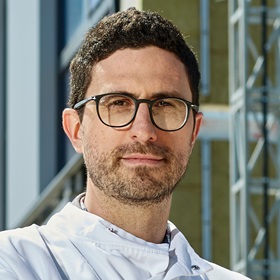
Professor Andrea Sottoriva uses genomics and computational approaches to understand cancer as a complex system. He obtained a degree in computer science and worked in particle physics before switching to biomedical research.
Victoria Cushing
PhD Student:
Structural Biology of DNA Repair Complexes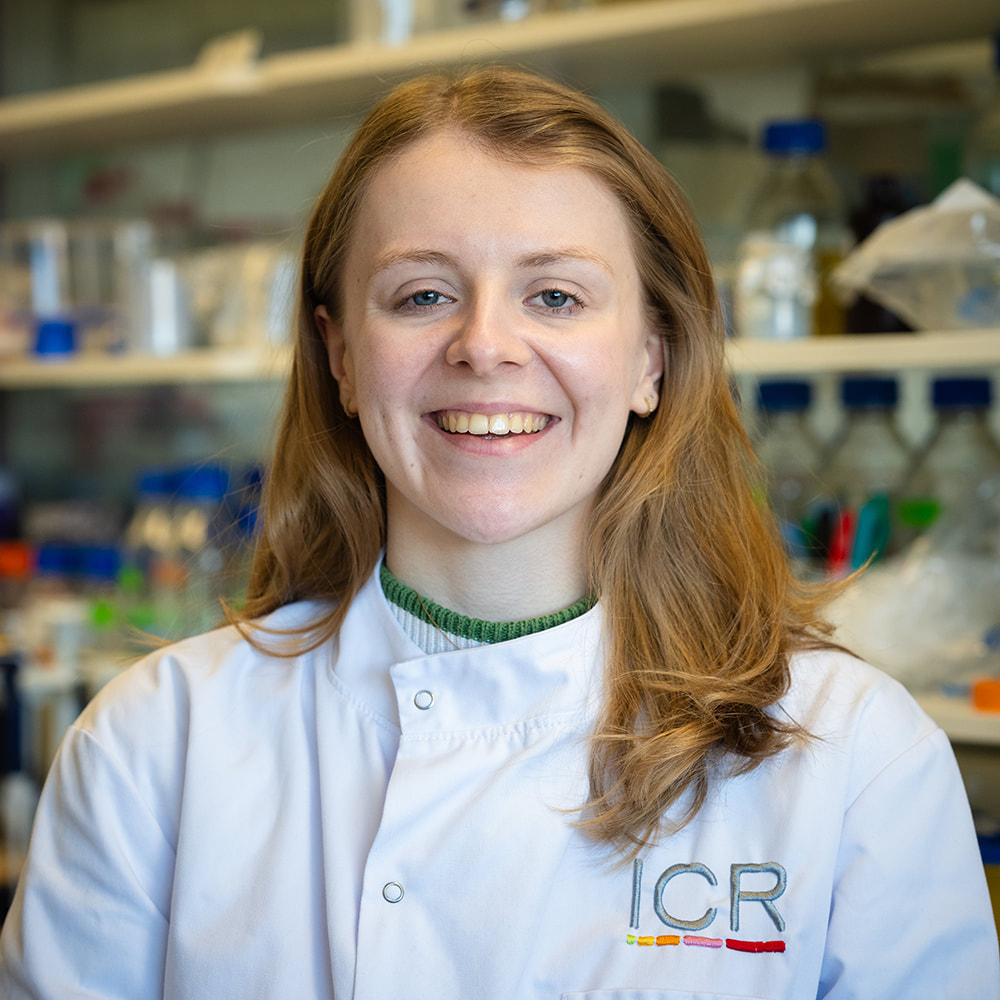
Victoria Cushing earned her Master's degree in biochemistry from the University of Oxford. She is investigating the structure and function of CAK and is currently pursuing high-resolution structures of inhibitor-bound complexes.
Lucy Dan
PhD Student:
Structural Biology of DNA Repair Complexes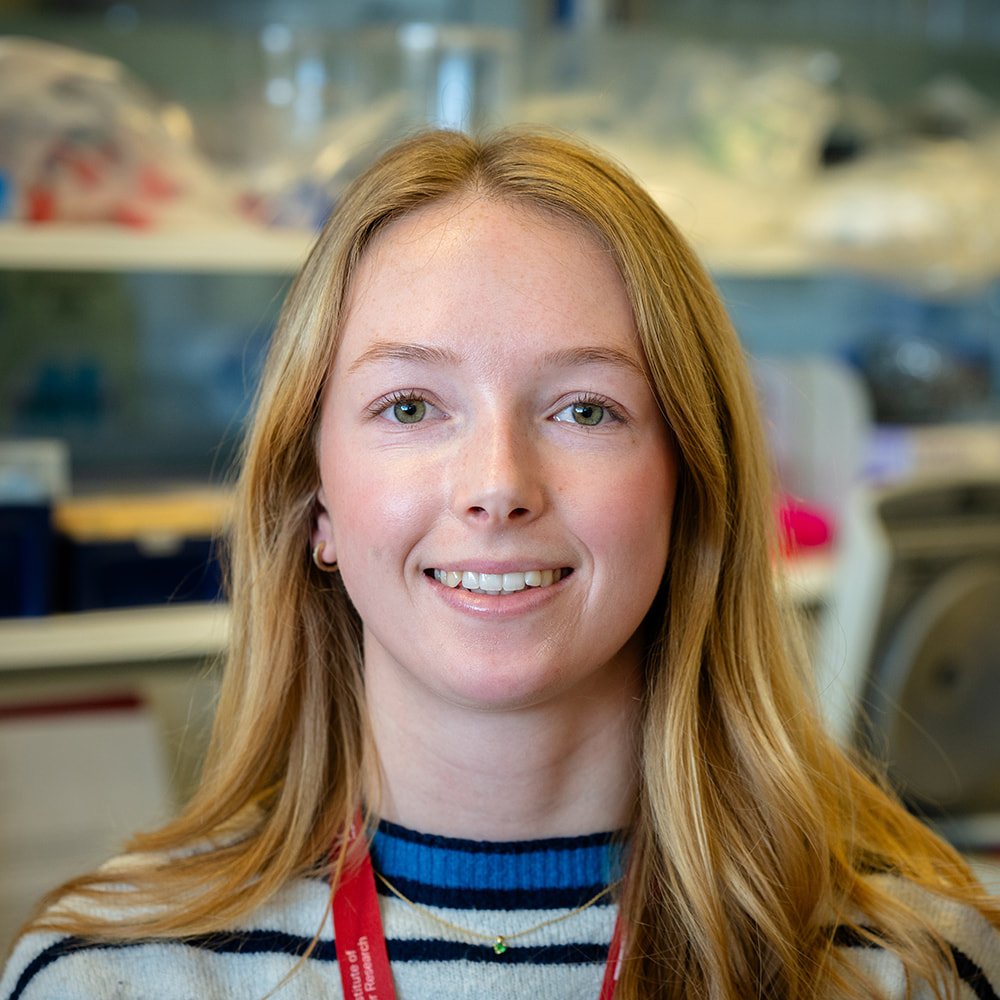
Lucy Dan earned her Master's degree in biological sciences from Durham University. She is a ICR/Imperial Convergence Science Centre student and will investigate novel ways to target the activities of cyclin-dependent kinases for cancer therapy. Her interdisciplinary project is hosted jointly hosted in our lab and the laboratories of Dr. Anna Barnard and Dr. Alexis Barr.
Amy McGeoch
PhD Student:
Structural Biology of DNA Repair Complexes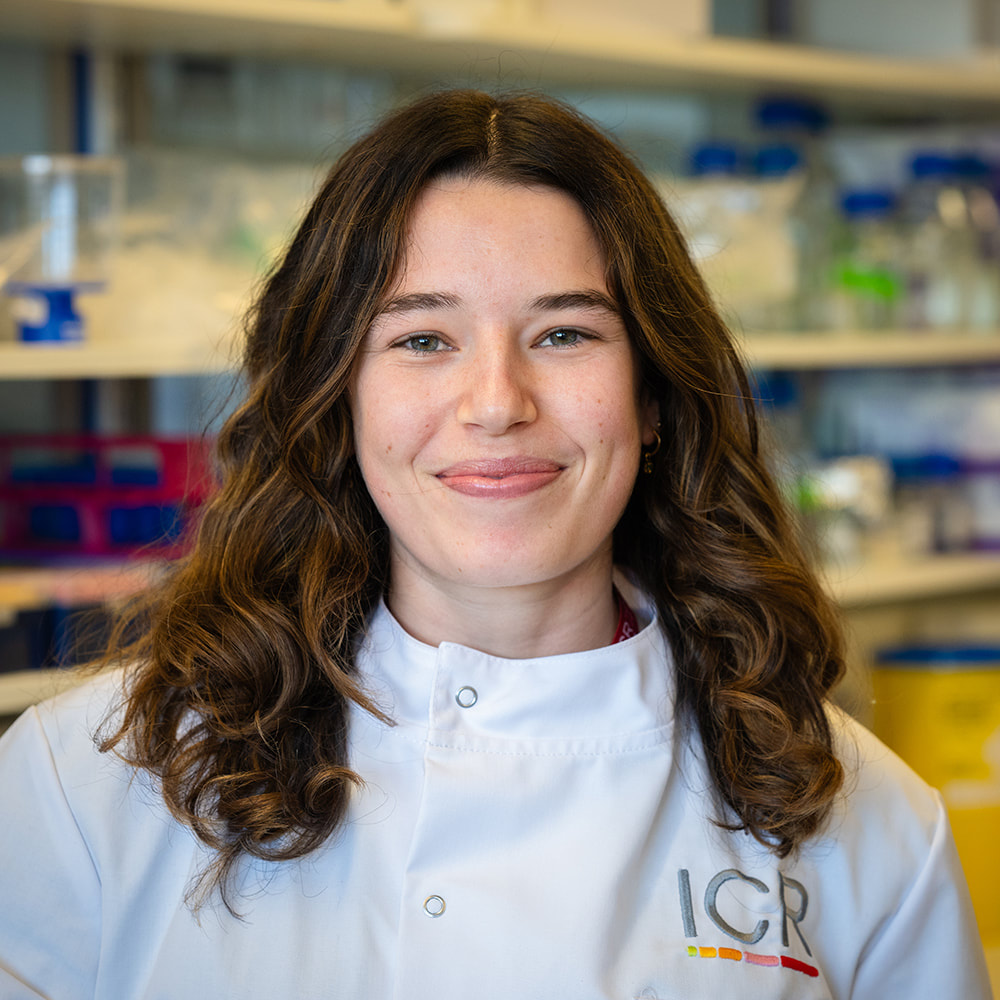
Amy McGeoch earned her Bachelor's degree in biochemistry from the University of Leeds. She plans to investigate the involvement of cyclin-dependent kinase complexes in non-canonical pathways such as splicing.
Rose Young
Dr Reyhan Muhammad
Shaf Azad
PhD Student:
Structural Biology of Cell Signalling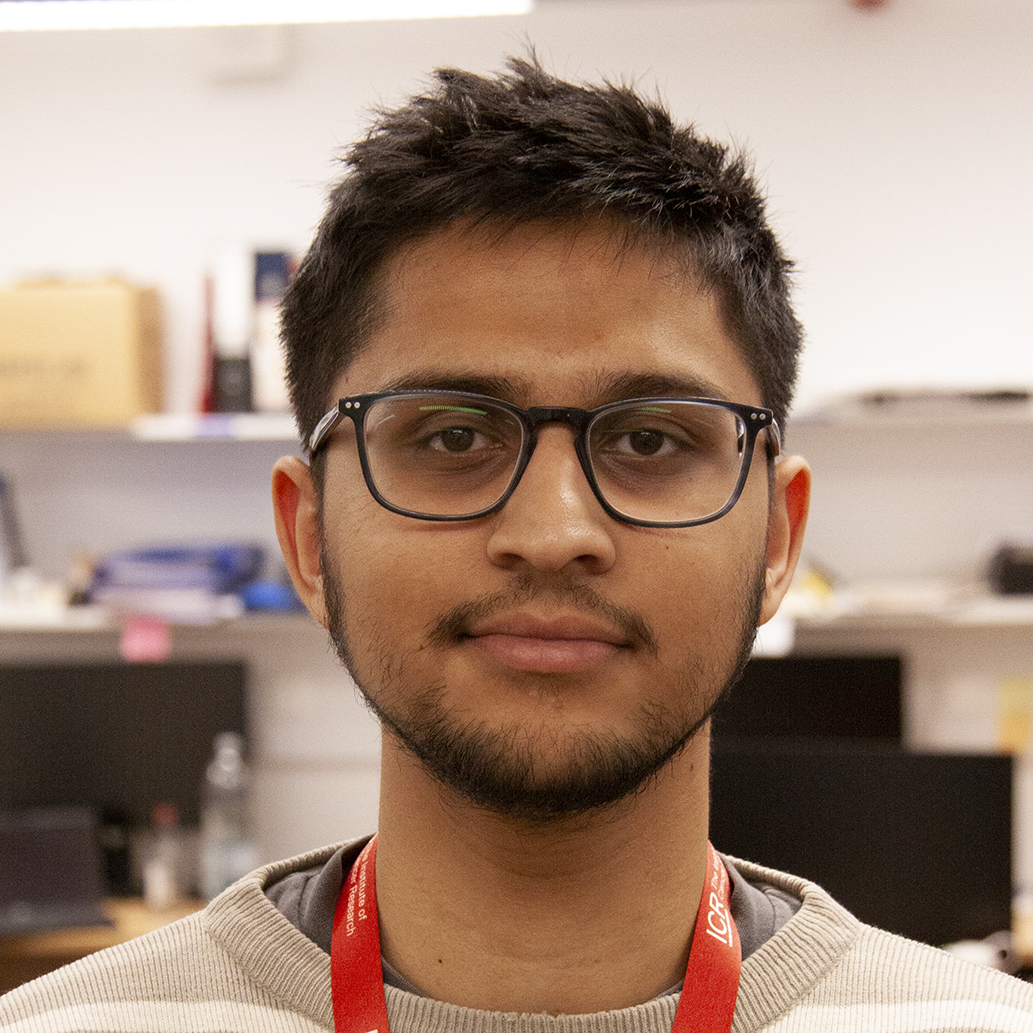
I graduated from the University of Southampton, with an integrated Master’s in Biochemistry (MSc). For my bachelor’s project, I investigated the effects of reactive oxygen species and vitamin C on S100A9 aggregation in Alzheimer’s disease. For my Master’s project, I investigated the functional importance of Snap29 for mitosis in Drosophila. For my PhD, I study the molecular mechanisms of telomere maintenance.